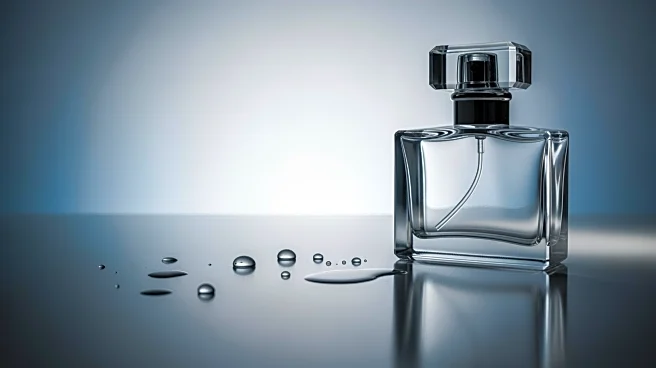What's Happening?
German beauty retailer Parfümerie Pieper has filed for insolvency, as announced in a letter to its suppliers. Despite this financial setback, the company plans to keep its 140 stores and online shop operational while undergoing restructuring. The filing
was made at the Bochum Local Court in Germany, and the company has entered self-administration as of November 20. Parfümerie Pieper, founded in 1931, is known for offering a wide range of international beauty brands such as Chanel, Estée Lauder, and Lancôme. The retailer has committed to covering three months of salaries for its employees during this period. Management will remain in place, and vendors are advised to register outstanding claims once insolvency proceedings commence, expected on February 1, 2026. Payments for orders placed after the start of self-administration will be handled by the insolvency estate.
Why It's Important?
The insolvency of Parfümerie Pieper highlights the challenges faced by beauty retailers in Germany amid shifting consumer spending patterns. This development is significant as it reflects broader economic pressures impacting the retail sector, particularly in the beauty industry. Other retailers, such as Douglas, have also reported depressed consumer demand, indicating a trend that could affect market dynamics and consumer behavior. The restructuring efforts by Parfümerie Pieper may serve as a case study for other companies navigating similar financial difficulties. The outcome of these proceedings could influence the future operations of the retailer and potentially impact its suppliers and employees.
What's Next?
As Parfümerie Pieper undergoes restructuring, the future of its stores will be determined during the insolvency process. Stakeholders, including suppliers and employees, will be closely monitoring the proceedings to understand the implications for their interests. The company’s ability to maintain operations and fulfill financial obligations will be critical in determining its long-term viability. Additionally, the broader beauty retail market in Germany may see shifts as other companies adjust their strategies in response to changing consumer demand and economic conditions.

















